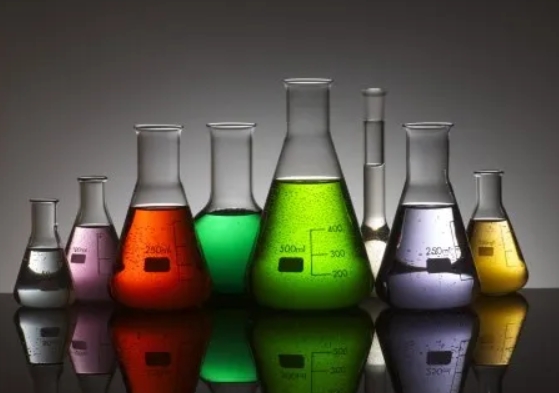Exploring the Versatile Applications of Chemical Agents
2 min read
Chemical agents play a pivotal role in various industries, offering a wide range of applications and benefits. From enhancing manufacturing processes to improving product quality and safety, these agents have become indispensable in today's world. In this article, we will delve into the multifaceted uses of chemical agents, highlighting their significance and impact across different sectors.
- Chemical Agents in Manufacturing:
Chemical agents find extensive use in manufacturing industries, where they contribute to process optimization, efficiency, and product quality. They are employed as catalysts, initiators, and stabilizers in chemical reactions, enabling the production of diverse materials such as plastics, pharmaceuticals, and textiles. Additionally, they aid in controlling variables like temperature, pressure, and pH, ensuring consistent and reliable manufacturing outcomes. - Chemical Agents in Agriculture:
In the agricultural sector, chemical agents are utilized for crop protection, pest control, and plant growth enhancement. Pesticides and herbicides help safeguard crops against harmful insects, weeds, and diseases, thereby increasing agricultural productivity. Furthermore, fertilizers enriched with essential nutrients promote healthy plant growth and maximize yield. However, it is crucial to use these agents responsibly to minimize environmental impact and ensure sustainable farming practices. - Chemical Agents in Healthcare:
Chemical agents play a vital role in healthcare, contributing to diagnostics, treatment, and disease prevention. In medical laboratories, reagents and contrast agents enable accurate diagnostic tests, aiding in the detection of various conditions. Pharmaceuticals, including antibiotics, vaccines, and chemotherapy drugs, rely on chemical agents for their formulation and efficacy. Moreover, disinfectants and antiseptics help maintain sterile environments, preventing the spread of infections in healthcare settings. - Chemical Agents in Environmental Remediation:
Environmental remediation involves the cleanup and restoration of contaminated sites. Chemical agents are employed in this process to facilitate the degradation, immobilization, or removal of pollutants. For instance, surfactants and solvents aid in the extraction of contaminants from soil and water, while oxidizing agents help break down hazardous substances. These agents assist in mitigating the environmental impact of industrial activities and promoting ecological sustainability. - Chemical Agents in Energy Production:
Chemical agents contribute significantly to energy production and storage technologies. In the field of renewable energy, catalysts are utilized in fuel cells and solar cells to enhance energy conversion efficiency. Additionally, chemical agents play a crucial role in oil refining processes, facilitating the extraction of valuable components and ensuring fuel quality. Their application in energy storage systems, such as batteries and capacitors, helps optimize performance and extend device lifetimes.
Conclusion:
Chemical agents are versatile tools that have revolutionized numerous industries, enabling advancements in manufacturing, agriculture, healthcare, environmental remediation, and energy production. Their diverse applications showcase their importance in improving efficiency, quality, and sustainability across sectors. However, it is essential to prioritize safety, responsible usage, and environmental considerations when employing these agents. By harnessing the potential of chemical agents effectively, we can continue to drive innovation and address the challenges of our rapidly evolving world.
